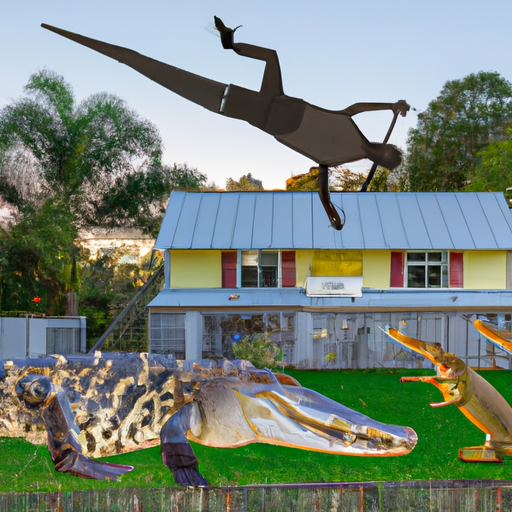Jersey Shore beaches are known for many things – the boardwalks, the saltwater taffy and of course, the seasonal influx of Guidos and Guidettes. But now, New Jersey has a new attraction: mysterious metal seats.
Folks enjoying the sun, sand, and salt water at a beach in Barnegat Township this week were surprised to find odd-looking metal seats dotting the shoreline. Though the seats were reportedly green, oceanic, and rusty, and some initially wondered if they were an art installation, it turns out they were actually part of an artificial reef constructed off the coast of New Jersey.
The Barnegat Bay Partnership, a nonprofit dedicated to protecting and conserving the Barnegat Bay watershed, shared photos of the seats on its Facebook page, noting that the Department of Environmental Protection (DEP) had identified the seats as part of an artificial reef, which is supposed to help attract fish to the area.
According to the DEP, construction of the new artificial reef began in 2016 and is set to continue through 2019. The idea behind the reef is to lure fish and other marine life by providing them with a structure to live in, which in turn will attract recreational fishermen (and women) to the area.
“We’re working to bolster fish populations by constructing new reefs,” DEP commissioner Bob Martin said in a statement. “This is all part of our ongoing effort to promote responsible fishing and environmental stewardship while enhancing opportunities for the public to enjoy our state’s natural resources.”
But not everyone is impressed by the new addition to the shoreline.
“Great, now we have metal seats ruining the natural beauty of our beaches,” said local resident Karen Johnson, who was visiting the beach with her family. “I mean, what’s next? A giant cement statue of Snooki?”
Johnson’s concerns about the artificial reef’s impact on the natural beauty of the area could potentially have some merit. Artificial reefs have been known to alter the topography of the ocean floor, which can result in other changes to the local environment, like increased sedimentation and erosion. Additionally, the DEP’s project partner, the American Littoral Society, has said that there is concern that more than half of the reefs constructed along the coast of New Jersey in the last two decades have been deemed “dead” or “unproductive.”
While the DEP and Barnegat Bay Partnership are both cautiously optimistic about the new artificial reef, it remains to be seen whether the metal seats and other structures will actually help to bolster fish populations in the area. In the meantime, locals and visitors alike can enjoy the scenic views of the ocean, even if they’re now accompanied by a few odd-looking metal seats strewn along the shore.


